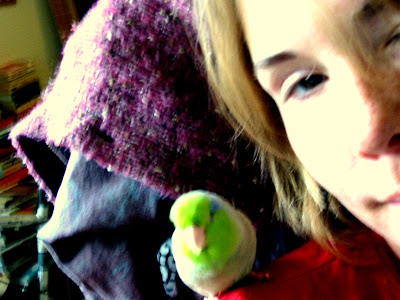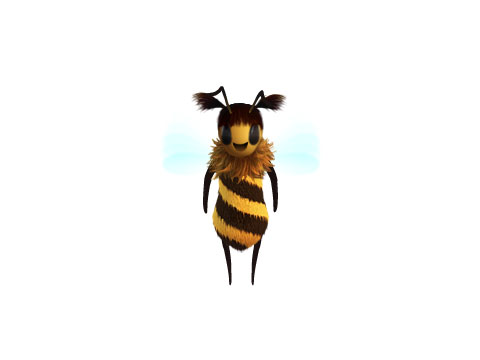However, I'm unsatisfied with something about Lara Glenum's
fascinating and enlightening description of the Gurlesque on Exoskeleton. So I'm going to try and think that through. My interests and concerns are really quite similar to those that Glenum describes: I'm very interested in a poetic practice that
1. is interested in gender--especially femininity
2. challenges and investigates traditional gender roles
3. messes with gender binaries and all sorts of other assumptions about power and hierarchy that stem from those gender binaries
4. is concerned with the relationship between performance and gender
5. uses camp
6. emphasizes/investigates corporeality and materiality--i.e. bodies--in relation to all of this
7. and so is also interested in the grotesque and the abject
And yet, as I'll readily admit, these particular concerns that I share with Gurlesque (as described by Glenum), don't seem especially new. Not that everything has to be new, and not everything has to have precursers--and someone with any energy will perhaps criticize me for wanting to even construct a Gurlesqueish lineage...but these concerns have existed in various forms of writing since at least Comte de Lautréamont, who is a rather obvious and easy starting point, and certainly before. Marie de France wrote a werewolf-romance poem!
So, what really leaves me unsatisfied? Maybe it's the potential for theory head that I feel? Where are the other inspirations and precursors for Gurlesque? I love Bakhtin, but I'm not satisfied with Bakhtin and (again, fascinating) description of Victorian London burlesque performances. How did we get to them? Bakhtin's description of the grotesque is, yes, incredibly helpful, but he doesn't define the grotesque, he just describes it--using specific literature. Even now when I hear the adjective "Rabelaisian" I'm more likely to assume that someone's been reading Bakhtin, not Rabelais. Snotty and whiney of me, I know.
I manage to lead just about every conversation about Feminism and the grotesque back to my feminist Modernist power trio of Djuna Barnes, Mina Loy, and the Baroness Elsa, but I do wonder why their names--and others--don't come up more often in conversations about the Gurlesque. There seems to be a really thriving list of contemporary referential points.
There doesn't need to be an approved by Lorraine (or anyone) historical trajectory to make Gurlesque legit; that's not my point at all. I confess, though, that I like to make lists. One such list I've been working on--not yet finished, includes a very roundabout description of how I actually arrived at all of those poetic concerns listed above. For example, my interest in camp, performance and gender has a lot to do with Mae West and Star Trek.
More later. I need to take a shower.
Peace out.












